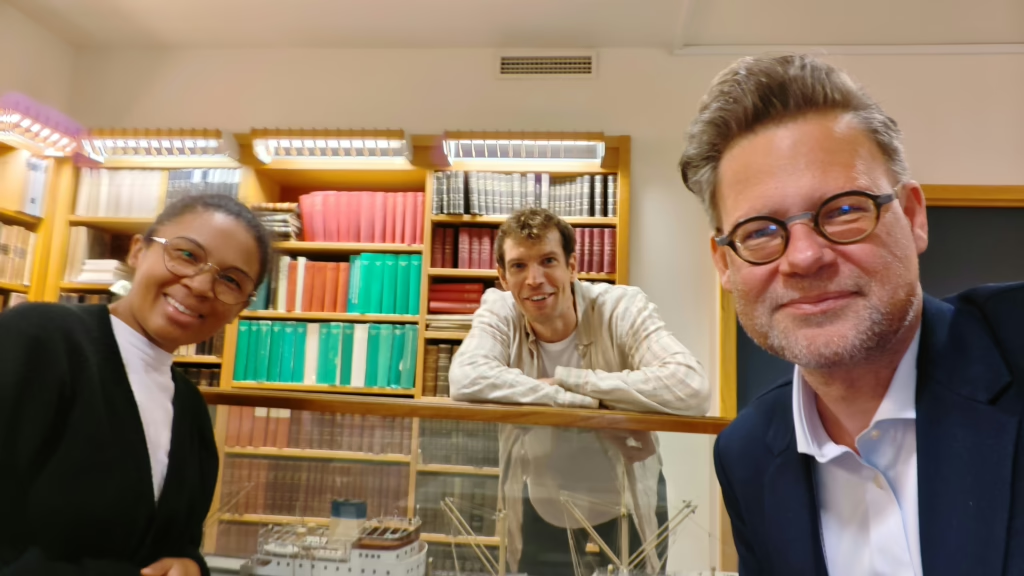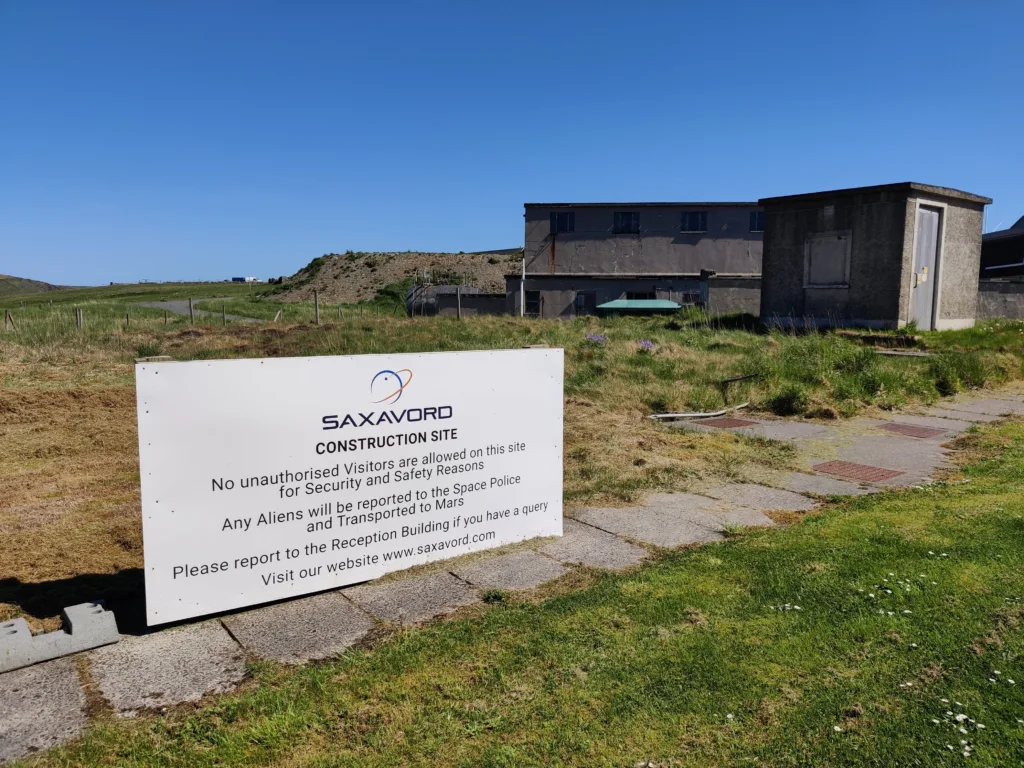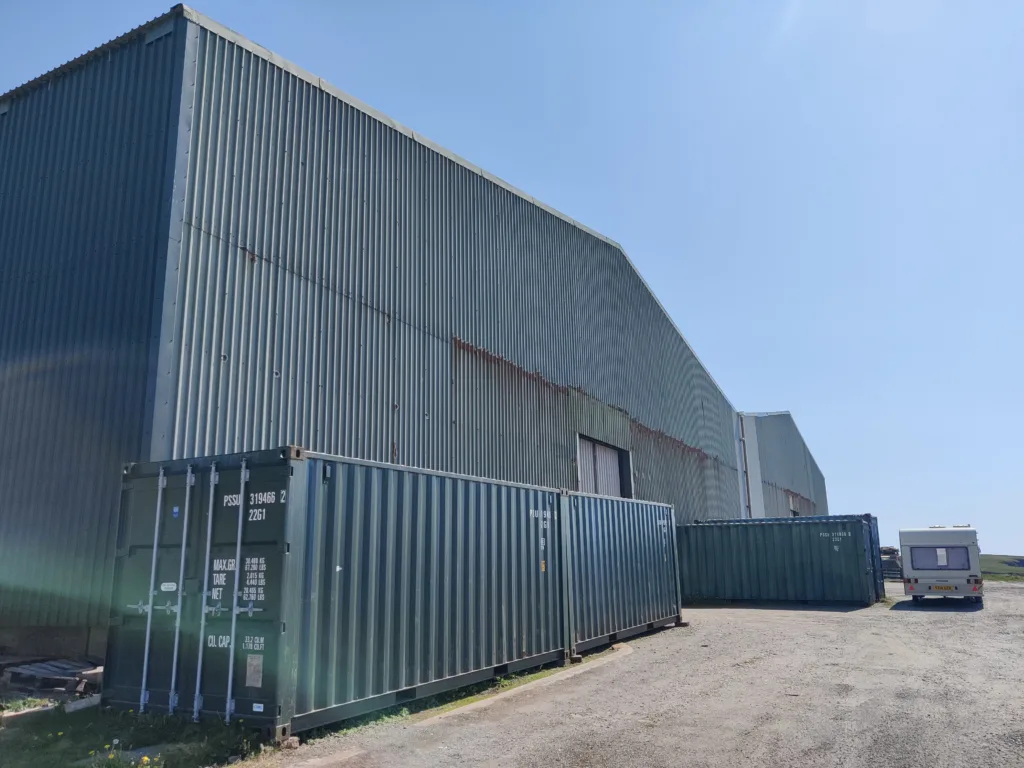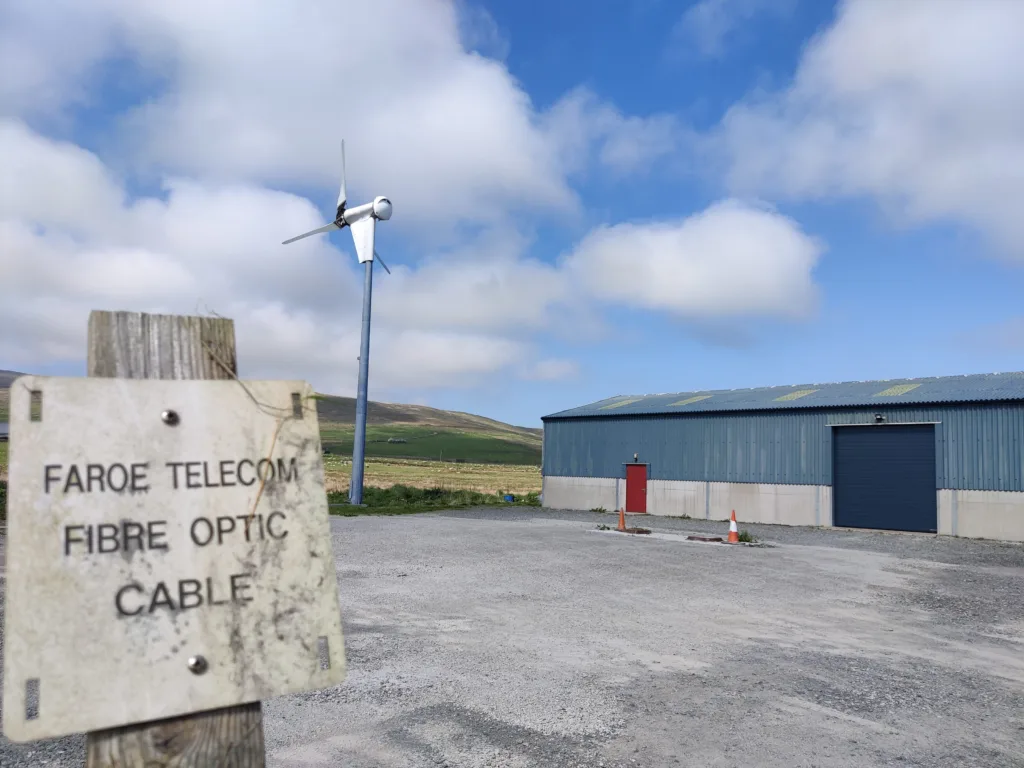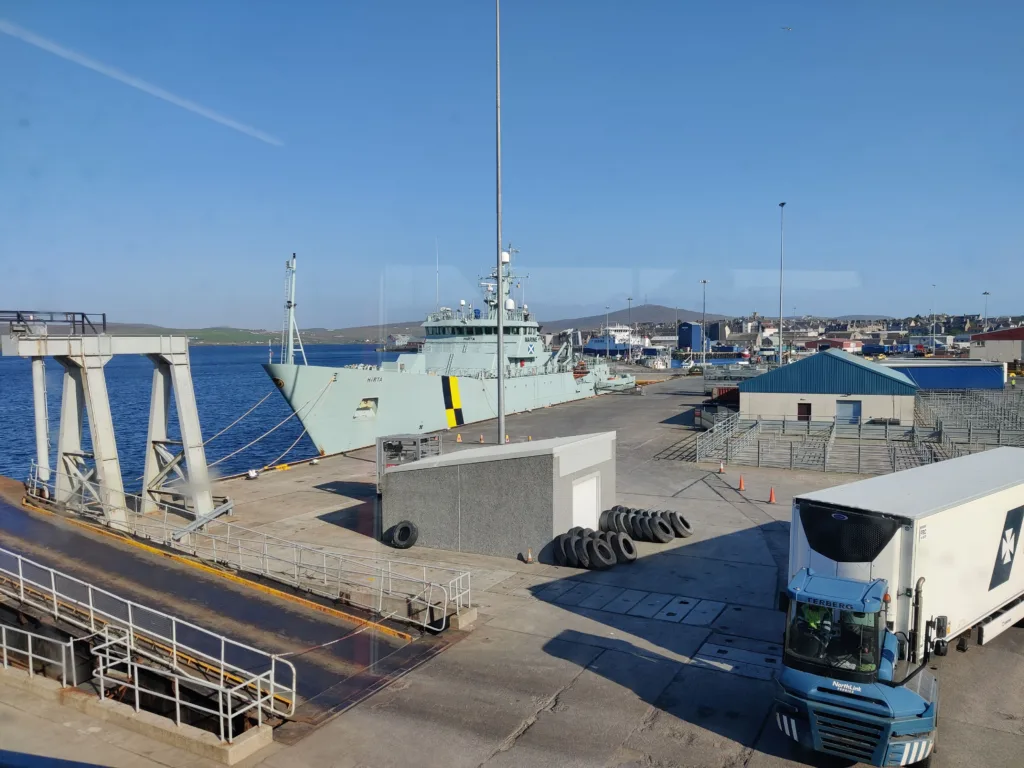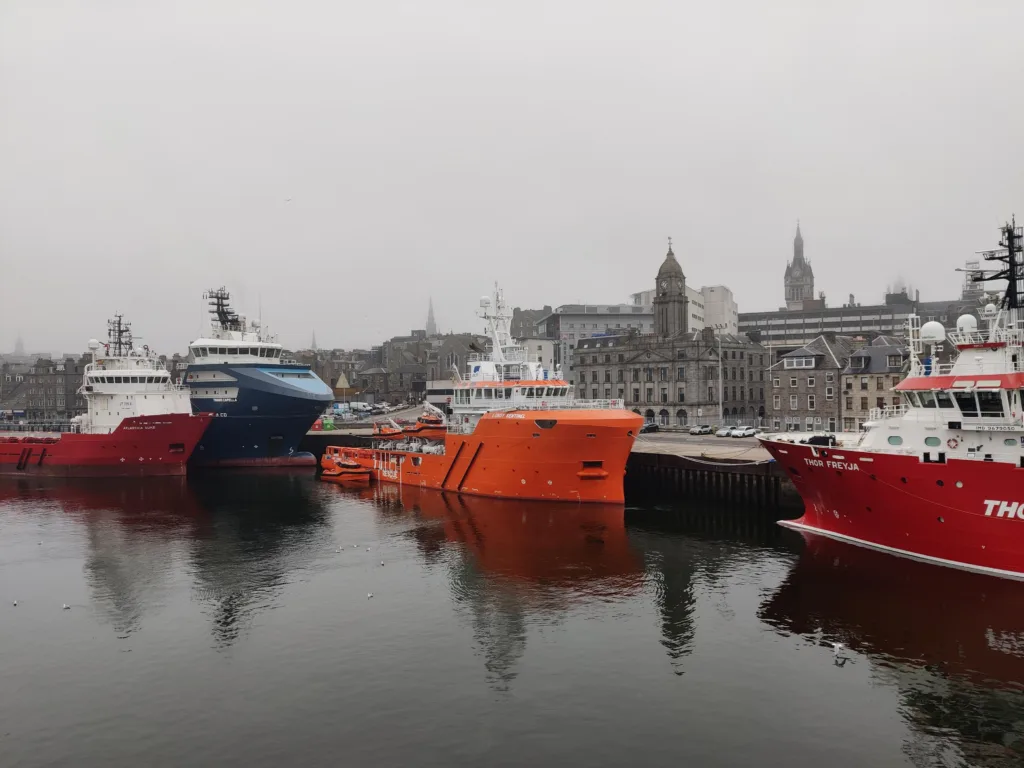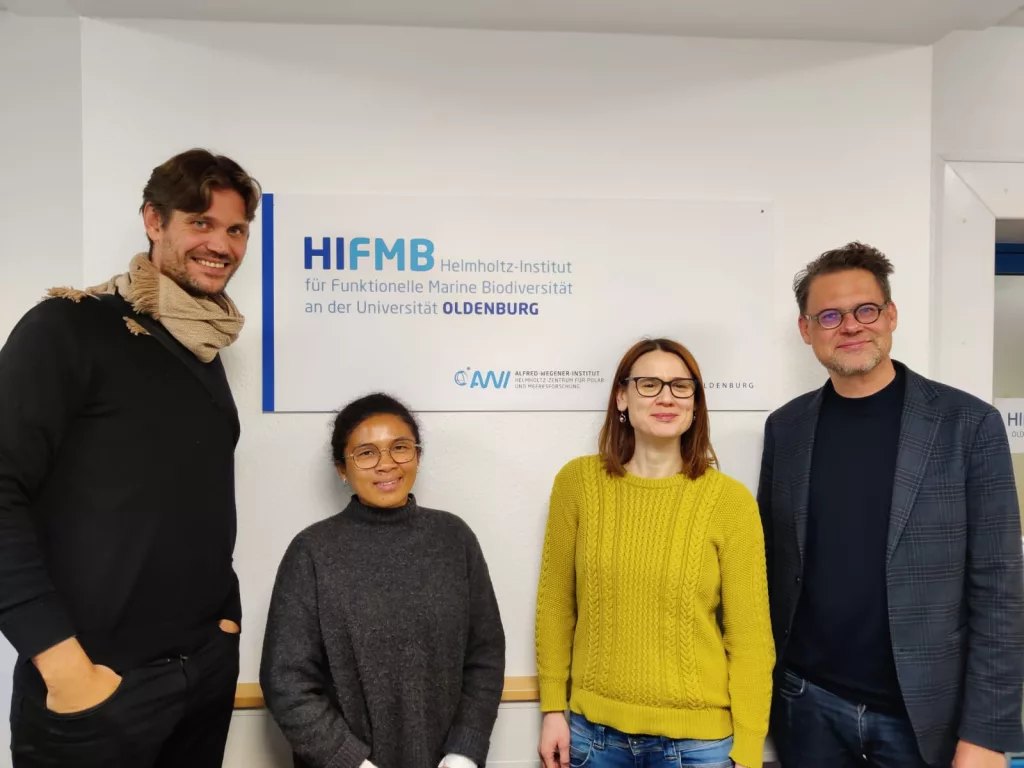As the year ends and the festive season is in full swing, I will be out of office and not respond to emails, between 23.12. and 7.1.2023. I wish everyone a great couple of days and a good start into the new year!
2022 was a busy and productive year. The key highlights included the launch of our new research group on Ocean Infrastructures in which we will develop new understandings of global ocean politics. The Nord Stream attack in autumn led to much media attention for our work on subsea infrastructures.
Having been in the making for several years, our edited volume Conceptualizing International Practices was finally published by Cambridge University Press. One of my favorite recent essays on Styles of Theorizing Practice also is out.
I had the pleasure to spend parts of this year on research leave. I spent extended periods in Italy, Kenya, South Africa, Malta and Mauritius. Thank you to everyone hosting me during these times! The post-Covid time also led to quite a number of invitations to give talks. In a quick recount, it was no less than 35 talks in workshops, naval symposia and other events!
It was good to engage with colleagues to discuss security, theory, and stuff such as Maritime Domain Awareness, security strategies, or infrastructures. A highlight was the Seapower Symposium in Sydney hosted by the Australian Navy where I gave a key note address on the evolution of maritime security thinking.
The draft of the book Understanding Maritime Security authored with Tim Edmunds is also done, and I look forward to see it published in 2023. It will be a key new resource for professionals and analysts to unlock the complexity of maritime security and to connect the dots.
In 2023 I will be teaching a new course that I am quite excited about. Global Ocean Politics is an attempt to reconnect the sea to the discipline of international relations, and to enhance the awareness among students for the challenges in the oceans. I look forward to explore the topic with students.
In the coming year, we will also work on a new edited volume. Following our authors workshop in October, Kimberley Peter, Tobias Liebetrau, Jan Stockbruegger and I – the ocean infrastructure research group -, are editing a volume that showcases the variety of infrastructures and how they govern the sea. I also look forward to working with a new post doc that will join us in Spring in the group.
I am planning to spend some time in 2023 to continue the research on maritime domain awareness, on maritime security strategy collaborating with the EU and others, write up a piece on marine accidents, and return to some methodological questions of practice theory and concept analysis.
